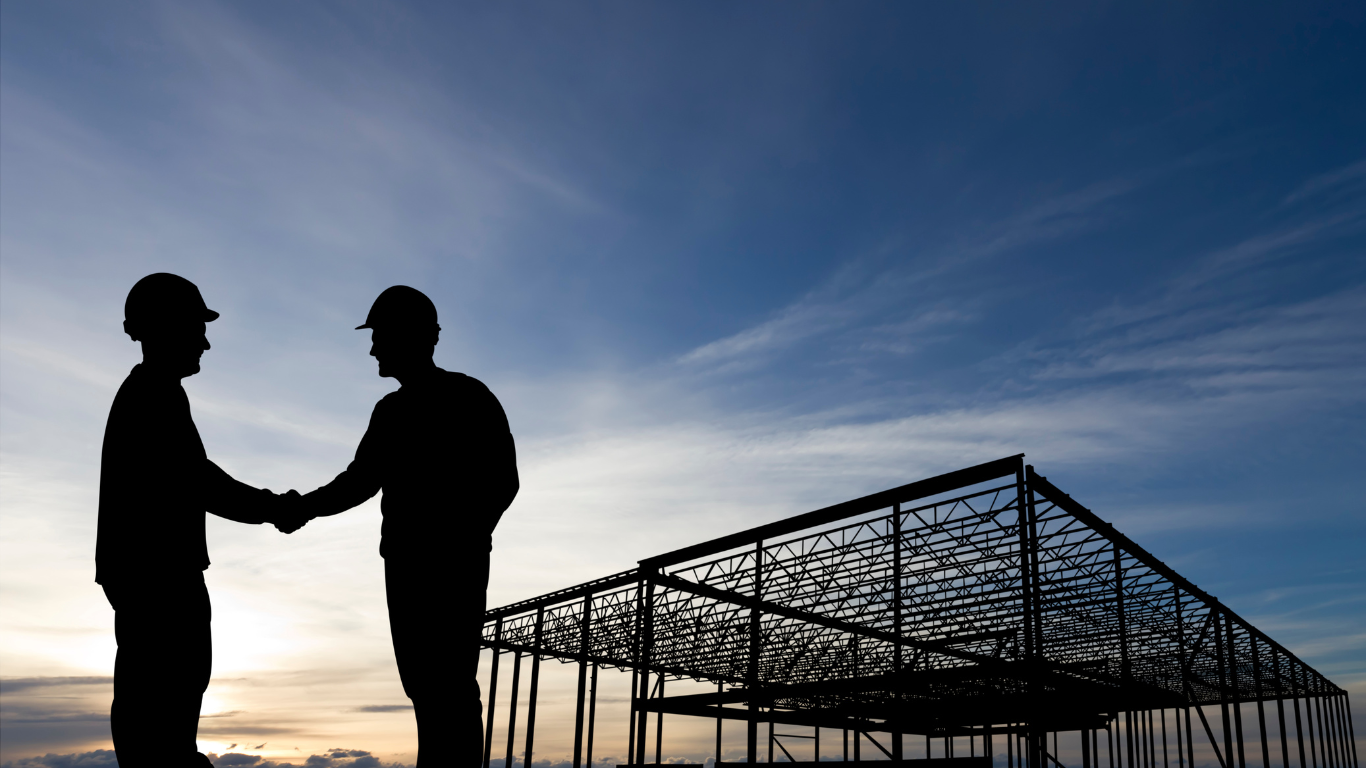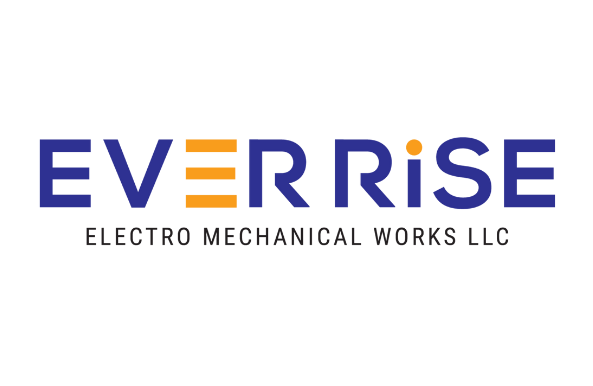
The UAE is known for its impressive skyline and modern infrastructure, but behind these architectural marvels lies a crucial component that ensures their functionality and sustainability: MEP (Mechanical, Electrical, and Plumbing) services. As the nation pushes towards greater energy efficiency and sustainability, MEP services play an instrumental role in achieving these goals. This article explores how MEP services enhance energy efficiency in UAE buildings, contributing to a greener and more sustainable future.
1. Optimized HVAC Systems
High-Efficiency HVAC Units
Heating, Ventilation, and Air Conditioning (HVAC) systems are among the largest consumers of energy in buildings. MEP services ensure the installation of high-efficiency HVAC units that use less energy to provide the same level of comfort. These systems often include advanced technologies such as variable speed drives and energy recovery ventilators.
Smart HVAC Controls
Smart HVAC controls, powered by the Internet of Things (IoT), enable real-time monitoring and adjustment of temperature settings based on occupancy and environmental conditions. This intelligent automation reduces unnecessary energy consumption and ensures optimal performance.
2. Advanced Lighting Solutions
LED Lighting
One of the most significant advancements in energy-efficient lighting is the widespread adoption of LED technology. MEP services include the design and installation of LED lighting systems, which consume significantly less energy than traditional incandescent or fluorescent bulbs while providing superior illumination.
Smart Lighting Systems
Smart lighting systems use sensors and automation to adjust lighting based on occupancy and natural light availability. These systems can dim or turn off lights when rooms are unoccupied, further reducing energy use and enhancing efficiency.
3. Efficient Plumbing Systems
Low-Flow Fixtures
MEP services incorporate low-flow plumbing fixtures, such as faucets, showerheads, and toilets, which reduce water usage without compromising performance. By minimizing water consumption, these fixtures indirectly save energy associated with water heating and pumping.
Greywater Recycling Systems
Greywater recycling systems collect and treat wastewater from sinks, showers, and washing machines for reuse in irrigation and flushing toilets. Implementing these systems reduces the demand for fresh water and the energy required for water treatment and distribution.
4. Integration of Renewable Energy Sources
Solar Energy
The UAE’s abundant sunshine makes it an ideal location for solar energy applications. MEP services facilitate the integration of solar panels and solar water heating systems into building designs. These renewable energy sources reduce reliance on conventional power grids and lower overall energy consumption.
Hybrid Energy Systems
Hybrid energy systems combine renewable energy sources, such as solar, with traditional energy systems to ensure a reliable and consistent power supply. MEP services design these systems to optimize energy use and enhance sustainability.
5. Building Automation Systems (BAS)
Centralized Control
Building Automation Systems (BAS) provide centralized control over various building functions, including HVAC, lighting, and security systems. MEP services implement BAS to monitor and manage these systems efficiently, reducing energy waste and improving overall building performance.
Data-Driven Insights
BAS collect and analyze data on energy usage, identifying patterns and areas where energy savings can be achieved. This data-driven approach allows building managers to make informed decisions and implement energy-saving measures effectively.
6. Enhanced Insulation and Building Envelope
High-Performance Insulation
Proper insulation is crucial for maintaining energy efficiency. MEP services ensure the use of high-performance insulation materials that minimize heat transfer, keeping buildings cooler in the summer and warmer in the winter. This reduces the load on HVAC systems and lowers energy consumption.
Efficient Building Envelope
A well-designed building envelope, including walls, roofs, and windows, significantly impacts energy efficiency. MEP services focus on creating airtight building envelopes that prevent energy loss, enhance indoor comfort, and reduce heating and cooling demands.
Conclusion
In the quest for sustainability and energy efficiency, MEP services are indispensable in the UAE’s building sector. By optimizing HVAC systems, implementing advanced lighting solutions, enhancing plumbing efficiency, integrating renewable energy sources, and leveraging building automation systems, MEP services play a vital role in reducing energy consumption and promoting environmental responsibility. As the UAE continues to set ambitious goals for sustainable development, the expertise and innovation of MEP professionals will be key to achieving a greener, more energy-efficient future.
